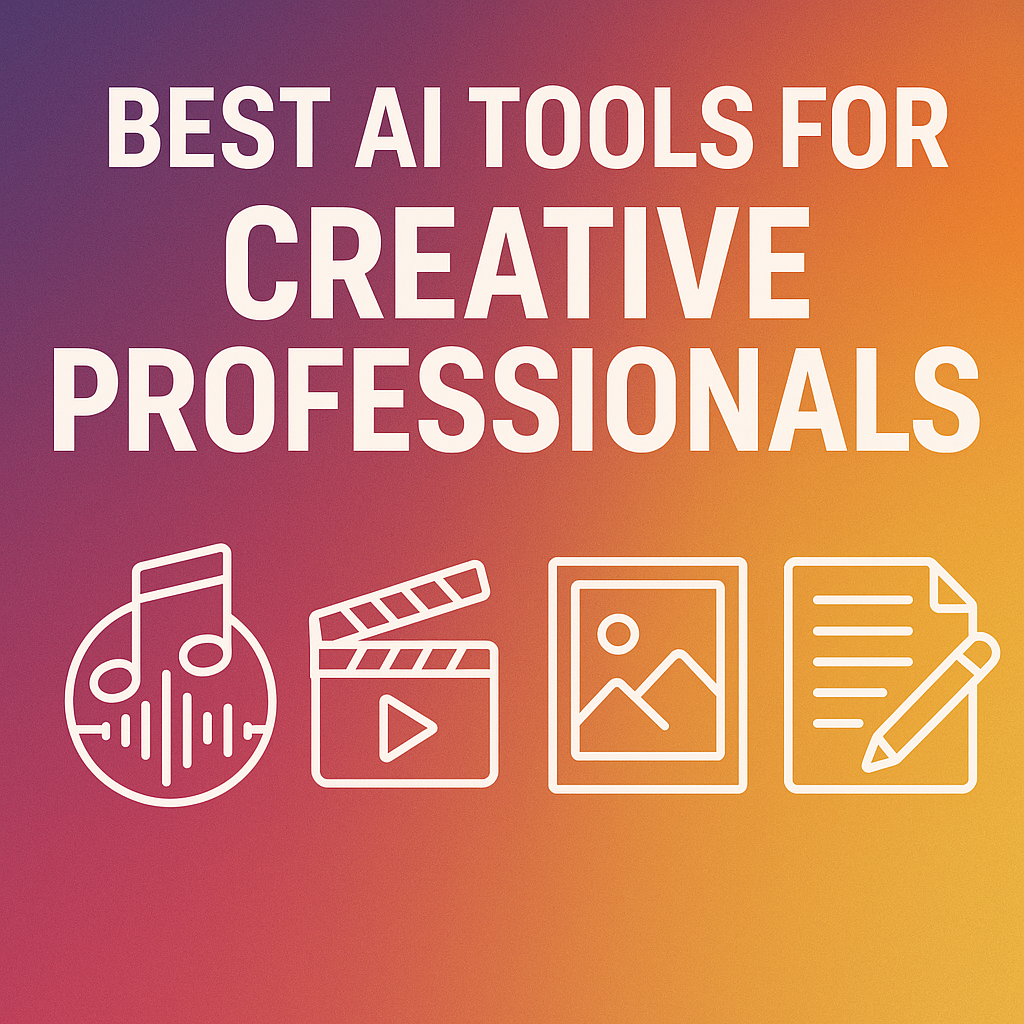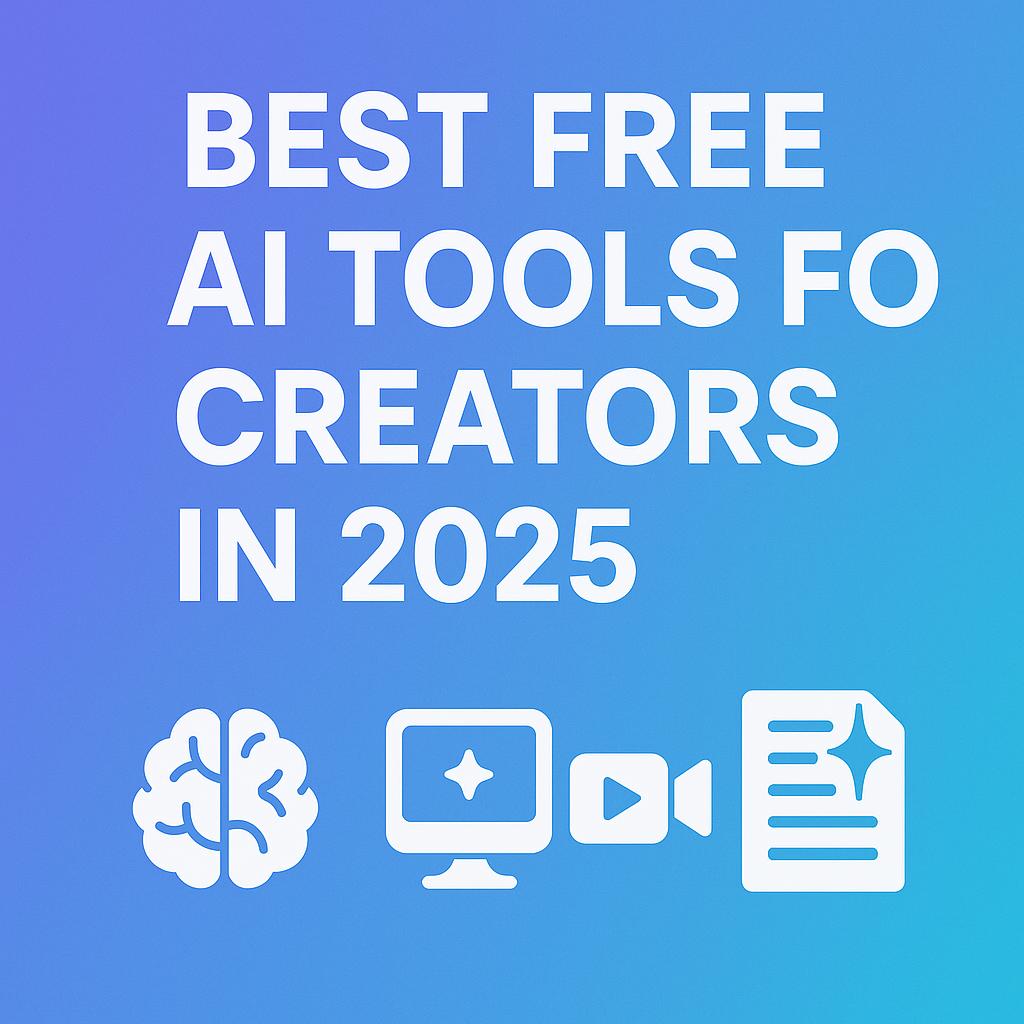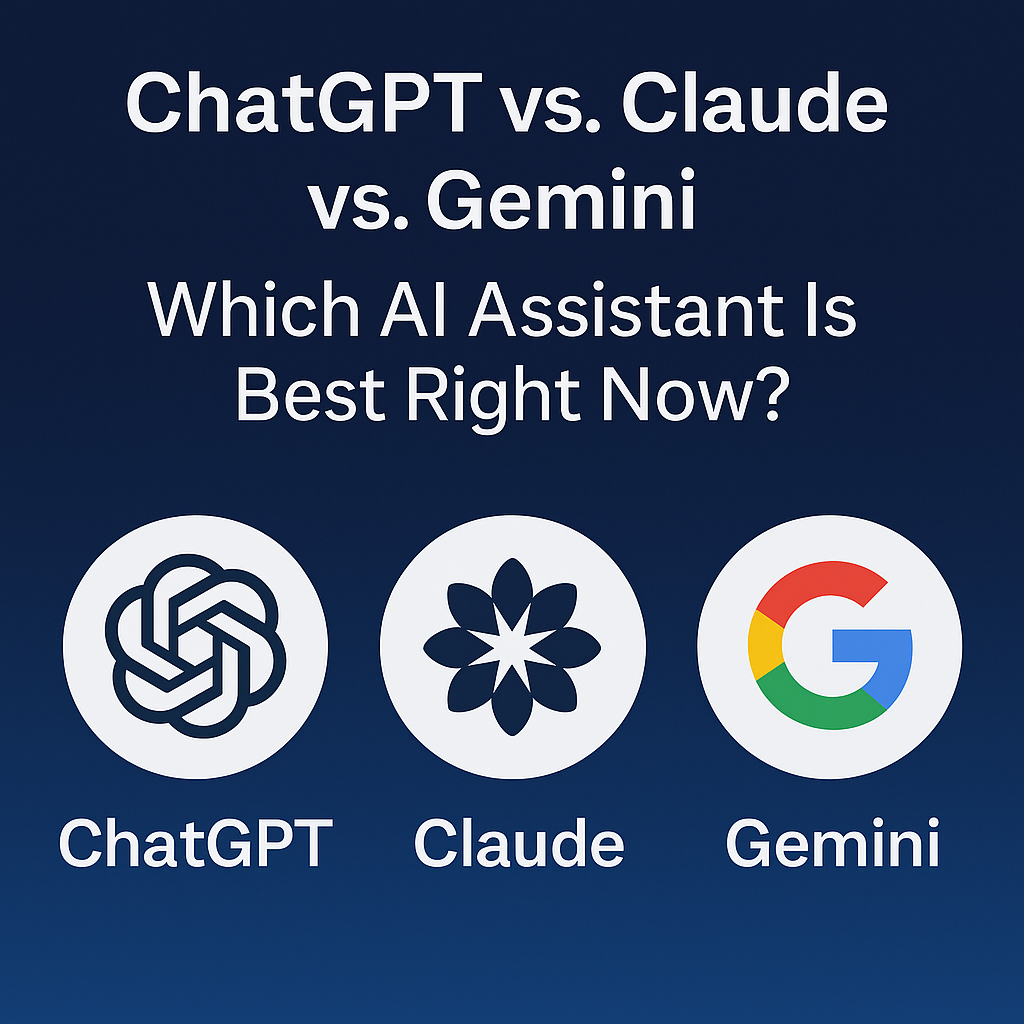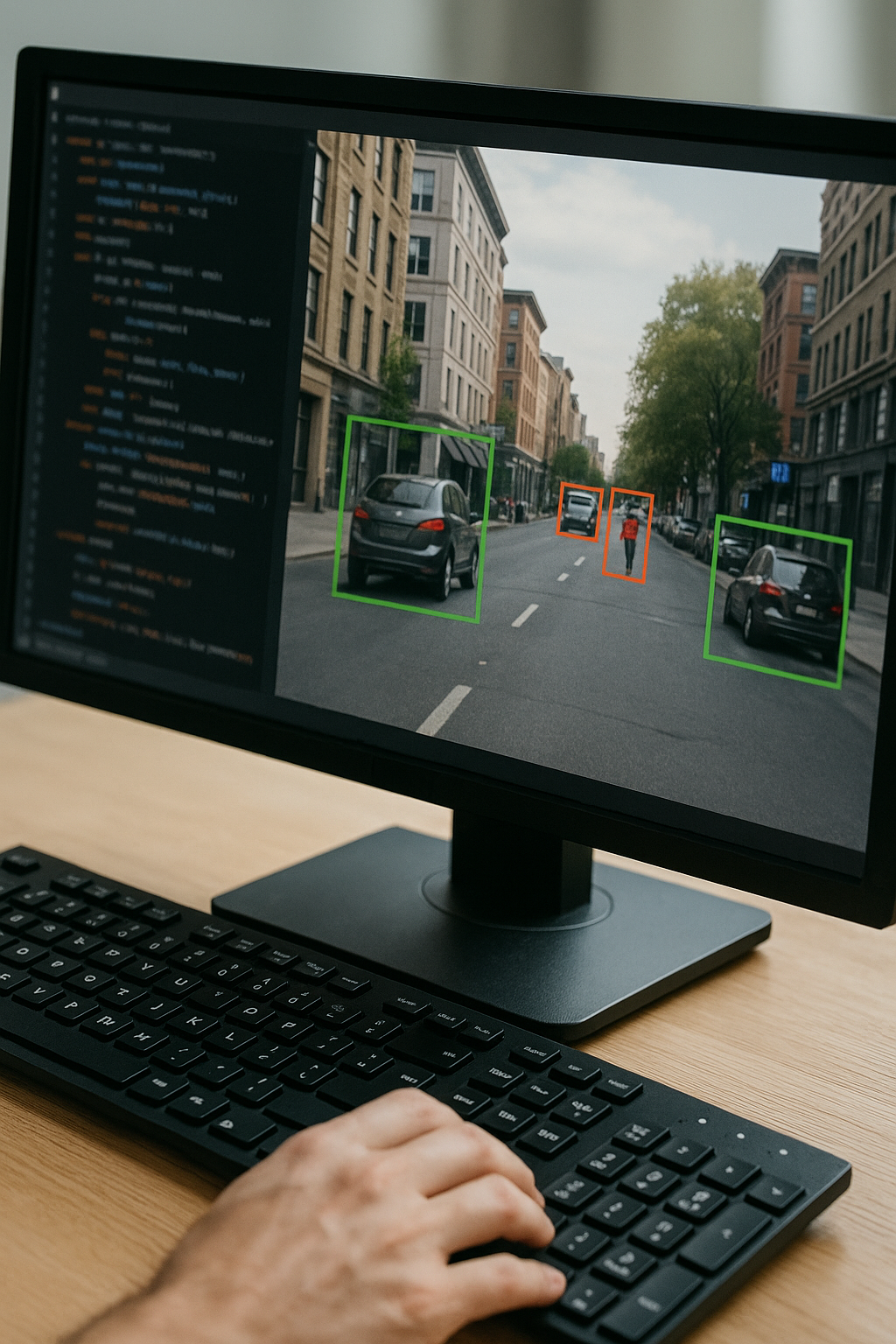7 biggest AI stories this week
AI innovation isn’t slowing down—it's speeding up
This past week in AI brought game-changing developments across consumer products, creative tools, regulation, and global competition. From major product updates at Google I/O to a breakthrough in emotional AI, the future of machine intelligence is moving from impressive to indispensable.
Here’s a clear rundown of the seven most important AI stories from the week of May 5 to May 11, 2025 — and why they matter.
1. Google unveils Gemini 2.5 at I/O 2025
At this year’s Google I/O, the company officially launched Gemini 2.5, a more powerful, faster, and context-aware version of its flagship AI model. Gemini 2.5 now features real-time document understanding in Google Docs and context-based suggestions across Gmail, Sheets, and Drive.
This version also enhances multimodal capabilities, allowing users to drag images into chats for analysis and receive visual responses. According to Google, Gemini 2.5 uses 40% less compute for common tasks, making it both efficient and enterprise-ready.
2. Apple’s Ajax AI spotted in iOS 19 developer beta
Leaks from the iOS 19 developer beta confirmed the integration of Ajax, Apple’s on-device large language model. Early testers report features like real-time message summarization, natural language reminders, and smarter Siri responses—all happening without sending data to the cloud.
Ajax appears to prioritize privacy-first AI, aligning with Apple’s positioning that intelligence shouldn’t come at the cost of user data.
3. Meta introduces “EmuEdit” for image retouching via text
Meta this week announced EmuEdit, a new generative tool that lets users edit and retouch photos using natural language prompts. The feature supports instructions like “remove background,” “add studio lighting,” or “make it sunset”—turning basic snapshots into stylized content in seconds.
It’s now in early rollout inside Instagram’s test environment and could give Meta a major edge in user-generated AI content creation.
4. OpenAI adds voice memory syncing to ChatGPT mobile apps
OpenAI rolled out voice memory syncing to the ChatGPT mobile app, allowing the AI to remember user preferences, tone, and context across text and voice inputs.
Now, if you teach ChatGPT something in voice mode—like how you sign emails or how formal you want responses—it will remember and apply that across future interactions, even in a different format.
This makes ChatGPT one step closer to being a true AI assistant, not just a chatbot.

5. Runway expands Gen-3 Alpha with video motion controls
AI video startup Runway pushed a major update to Gen-3 Alpha, introducing camera-style motion control prompts like zoom, pan, and dolly. This gives creators a way to specify how scenes move and evolve visually in AI-generated videos, bringing even more cinematic power to text-to-video workflows.
Runway also teased an Adobe Premiere plugin due this summer, signaling deeper integration into professional editing pipelines.
6. Japan and EU sign AI safety cooperation agreement
In a key move toward international AI governance, the European Union and Japan signed a joint framework for AI safety, focused on transparency, data quality, and foundational model auditing.
The deal signals growing momentum for cross-border AI regulation and could pave the way for more collaborative standards on AGI risk and ethical model deployment.
7. MIT researchers publish study on “emotional AI” pattern recognition
A new study out of MIT’s Media Lab demonstrated that AI models trained on biometric and contextual data can now accurately predict human emotional states with over 80% accuracy in real-world scenarios.
Using wearable sensors and facial analysis, researchers trained a model to detect stress, confusion, and mood shifts. The technology is being explored for mental health apps, adaptive learning, and even HR platforms.
While powerful, it also raises questions about consent, privacy, and emotional surveillance—making it one of the most controversial breakthroughs of the week.
Final thoughts: AI is no longer a tool—it’s infrastructure
Every week, AI proves that it’s no longer confined to labs or Silicon Valley. It’s becoming the foundation for how we communicate, create, and compute. Whether it’s Apple embedding intelligence in your pocket or Runway turning scripts into scenes, the next generation of AI isn’t just smarter—it’s more integrated, ambient, and personal.
The challenge now isn’t whether AI will impact your life. It’s how fast you’re willing to adapt.
Want weekly updates like this?
If you’re serious about staying ahead of the AI curve, we’ve got you covered.
Every week, our newsletter breaks down what actually matters in AI—minus the hype.
Sign Up For Our Weekly Newsletter and Get Your FREE Ebook " AI For Everyone - Learn the Basics and Embrace the Future"
Stay smart. Stay creative. Stay informed.











